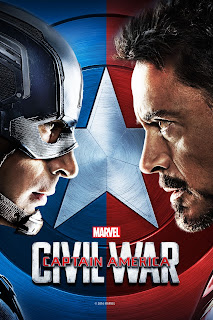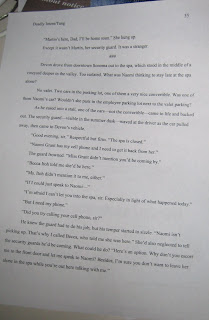Update on dictating my fiction
I've been dictating my fiction manuscript for a few days now, and I'm a bit disappointed. It takes me longer to think in long phrases or complete sentences, and so my word count per hour rate has been less than when I type. I suppose I simply need to get more used to dictating fiction, and then hopefully my word count per hour rate will increase. I do admit I like the fact that it's reducing the strain on my hand when I type or use the mouse. It's been very easy to navigate within the document when I use Dragon on my computer, and I've been able to make most corrections by using verbal commands within the program. I was having issues with my wrist several years ago because of using the mouse, despite trying lots of different types of mice (mouses?), rollerballs, and track pads. With Dragon, even though there is more editing that needs to be done because of errors with the transcription, the editing is almost entirely mouse-free. I have found that I need to put t



